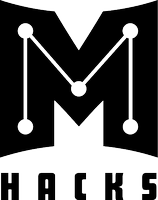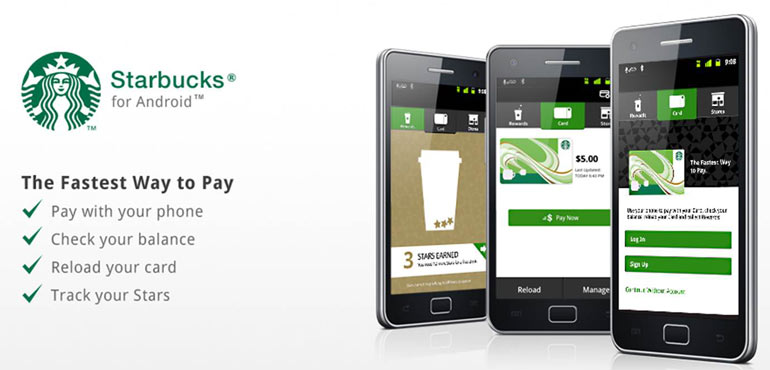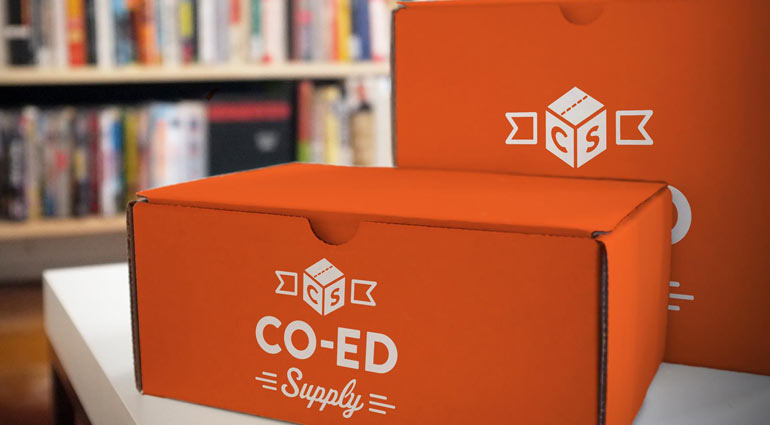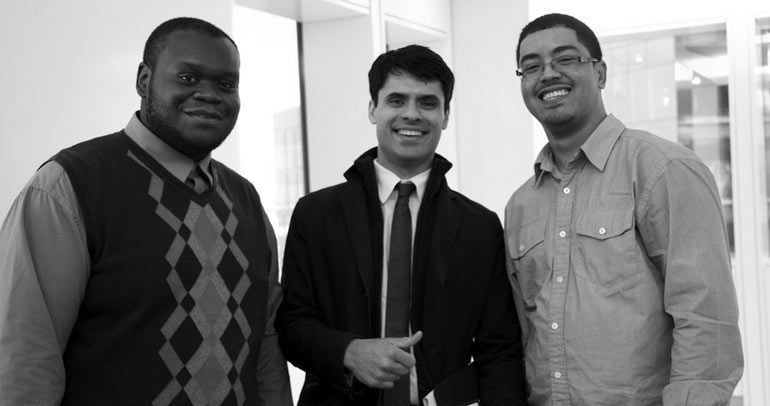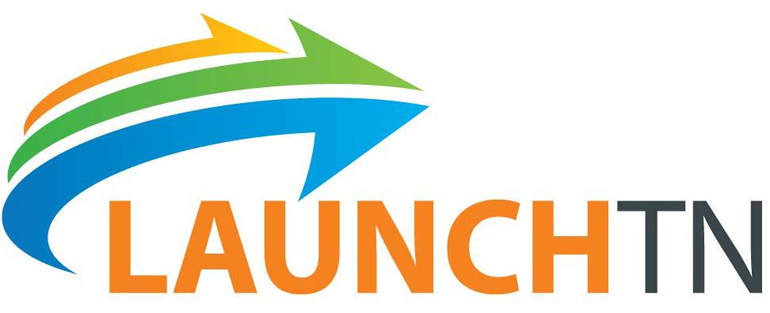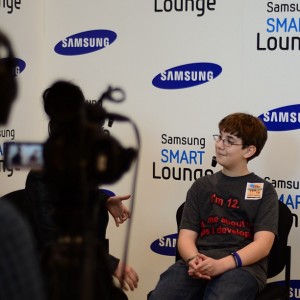As a time coach, I talk to people who want to live a more balanced life on a daily basis—including startup founders. It can be a struggle, but my real-world experience has uncovered that founders can achieve work-life balance IF all five of the following conditions are met:
- You Want It: Not everyone wants traditional work-life balance, typically meaning that you have enough time for basic self-care like sleep, exercise and nutrition and a connection with key people like friends and family members. Instead, as a time coach, I focus on trying to help entrepreneurs achieve their definition of work-life brilliance – meaning your time investment aligns with your priorities. However, I can’t bring about lasting behavioral change if you don’t intrinsically want it.
- You Believe It: To have true work-life balance, you need to not only believe it’s possible in a theoretical sense, but also believe it’s possible personally for you. In my experience, this belief comes from a combination of seeing an entrepreneur whom you relate to experiencing work-life balance and/or starting to attempt it yourself and witnessing positive results. Without a sense of hope, it’s nearly impossible to stick it out through the uncomfortable process of breaking old habits and forming new ones. To make it through this difficult withdrawal stage, you need to have faith that the changes will really pay off in the end.
- You Value It: We have a limited amount of time each day, and how we invest it determines what kind of life we create. Work-life balance comes at a professional cost for most people, but especially for founders. The choice to invest in activities outside of work may mean that you can’t start certain types of businesses, take on specific categories of funding, work with particular clients, or expand at as rapid a pace. For those who highly value life outside of work, these macro-level decisions that give them the opportunity to live a balanced life are worth the potential cost and risk to their business.
- You Know How: Many people want, believe in, and value work-life balance, but they just don’t know how to change. If you’ve always seen startup founders work crazy hours, you don’t have good role models to show you how to behave in a balanced manner. And it’s hard to know how to think and act differently if you’ve always operated in one way. As the quote often attributed to Einstein goes: “The definition of insanity is doing the same thing over and over again and expecting different results.”
- You Can: After working with clients around the world with many different personality types, including some with ADD/ADHD, I believe that almost anyone who meets the above four criteria can see improvement in their work-life balance. But for people who thrive in high-pressure environments, achieving traditional work-life balance and moving their company forward effectively may or may not be possible to the same extent as others.
For individuals who fit this profile, the best strategy is to clarify action-based priorities in key areas. This includes things like seven hours of sleep a night, working out five days a week, or having family dinner six days a week. Then you need to focus on making these priorities into routines that allow them to consistently invest their time in these core areas while still keeping up a fairly high level of intensity in your work during the remaining hours.
Work-life balance is possible for founders who meet the above five criteria, but for those who don’t, it’s not.
Elizabeth Grace Saunders is the founder and CEO of Real Life E®, a time coaching and training company, and the author of “The 3 Secrets to Effective Time Investment: How to Achieve More Success With Less Stress.”
The Young Entrepreneur Council (YEC) is an invite-only organization comprised of the world’s most promising young entrepreneurs. In partnership with Citi, the YEC recently launched #StartupLab, a free virtual mentorship program that helps millions of entrepreneurs start and grow businesses via live video chats, an expert content library and email lessons.





